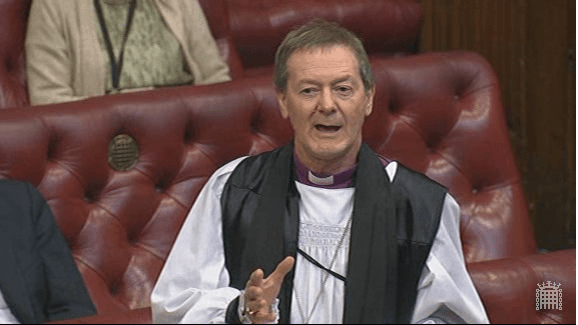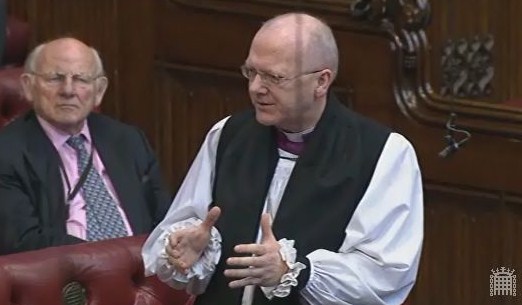On 17th July 2014, Lord Ezra asked Her Majesty’s Government whether, in the light of the recently published statistical report on fuel poverty indicating a rising trend in 2014, they intend to expedite the announcement of their policy for dealing with the matter. The Bishop of St Albans, the Rt Revd Alan Smith, asked a supplementary question.
 The Lord Bishop of St Albans: My Lords, those who keep a close eye on this area point out that issues of fuel poverty depend on which groups you look at. Clearly, in some groups this is a growing area. Indeed, they assert that there is a connection between the increase in fuel poverty of certain groups and the increase in the number of pre-paid meters that have been installed, partly because it is believed that they are the most expensive way to pay for fuel. In the light of that, can my noble friend tell us what consideration Her Majesty’s Government have given to promoting the five principles on the use of pre-paid meters which were agreed between Consumer Focus and the big six energy companies back in March 2011, to ensure consistency in their installation and use?
The Lord Bishop of St Albans: My Lords, those who keep a close eye on this area point out that issues of fuel poverty depend on which groups you look at. Clearly, in some groups this is a growing area. Indeed, they assert that there is a connection between the increase in fuel poverty of certain groups and the increase in the number of pre-paid meters that have been installed, partly because it is believed that they are the most expensive way to pay for fuel. In the light of that, can my noble friend tell us what consideration Her Majesty’s Government have given to promoting the five principles on the use of pre-paid meters which were agreed between Consumer Focus and the big six energy companies back in March 2011, to ensure consistency in their installation and use?
Baroness Verma: I am extremely grateful to the right reverend Prelate for his question, which enables me to reassure him and the House that we have looked very seriously at the pre-paid meter issue. We think that people on very low incomes must be among the greater beneficiaries of this policy, which is why we will make sure that through smart meters they are able to top up their meter as if they are topping up a mobile phone, so they have no chance of being cut off when they need their electricity the most.
(via Parliament.uk)




You must be logged in to post a comment.